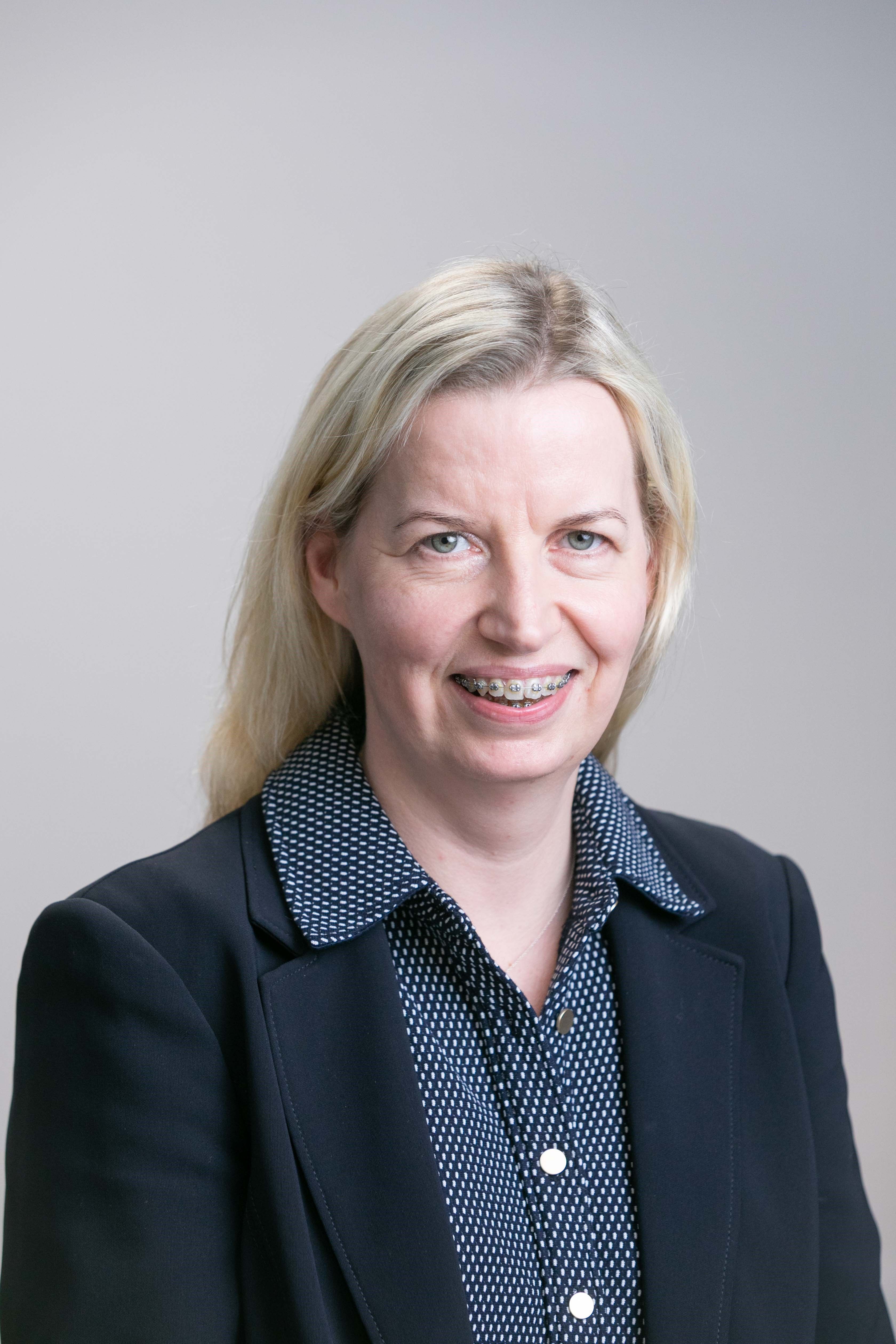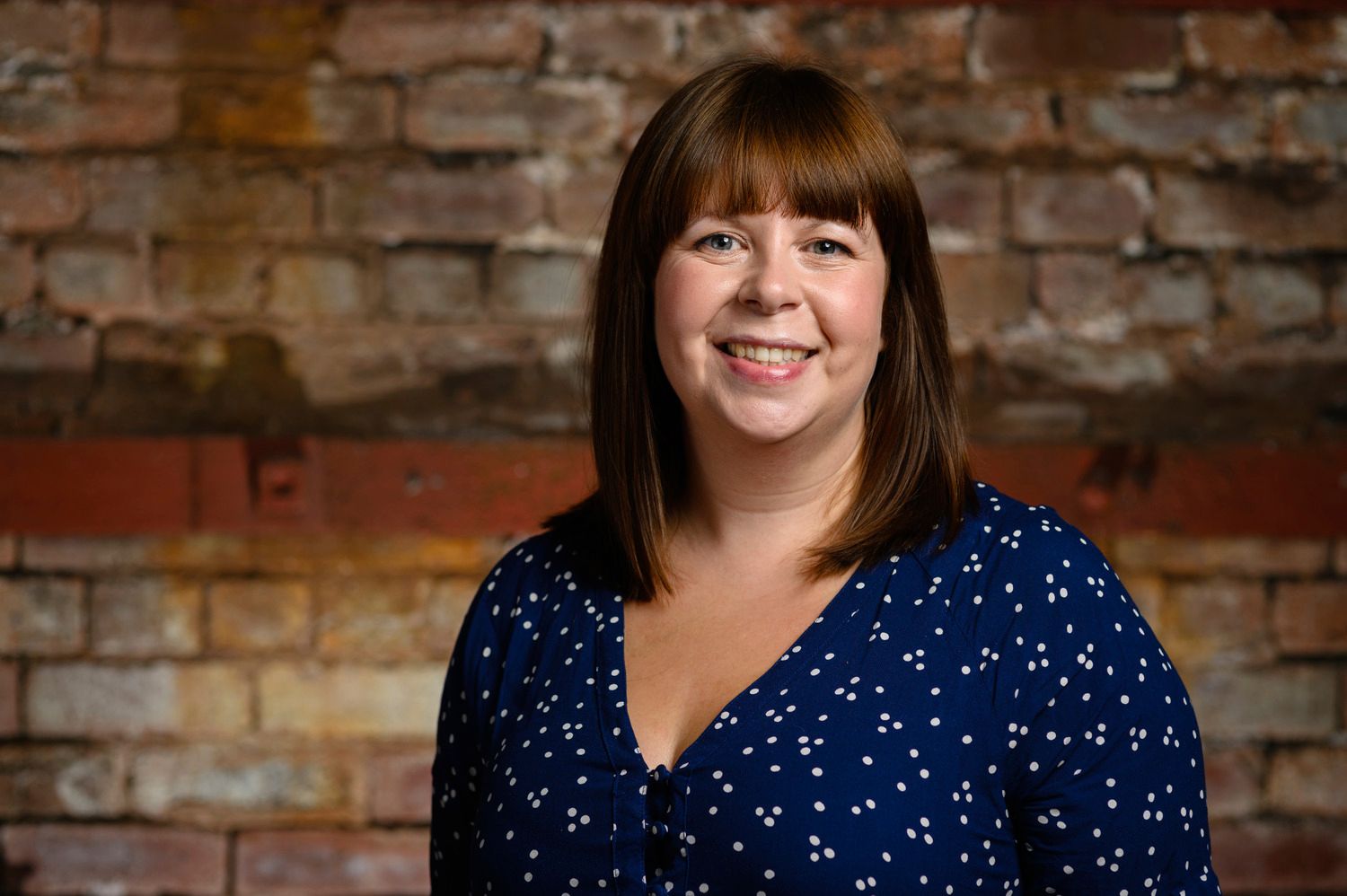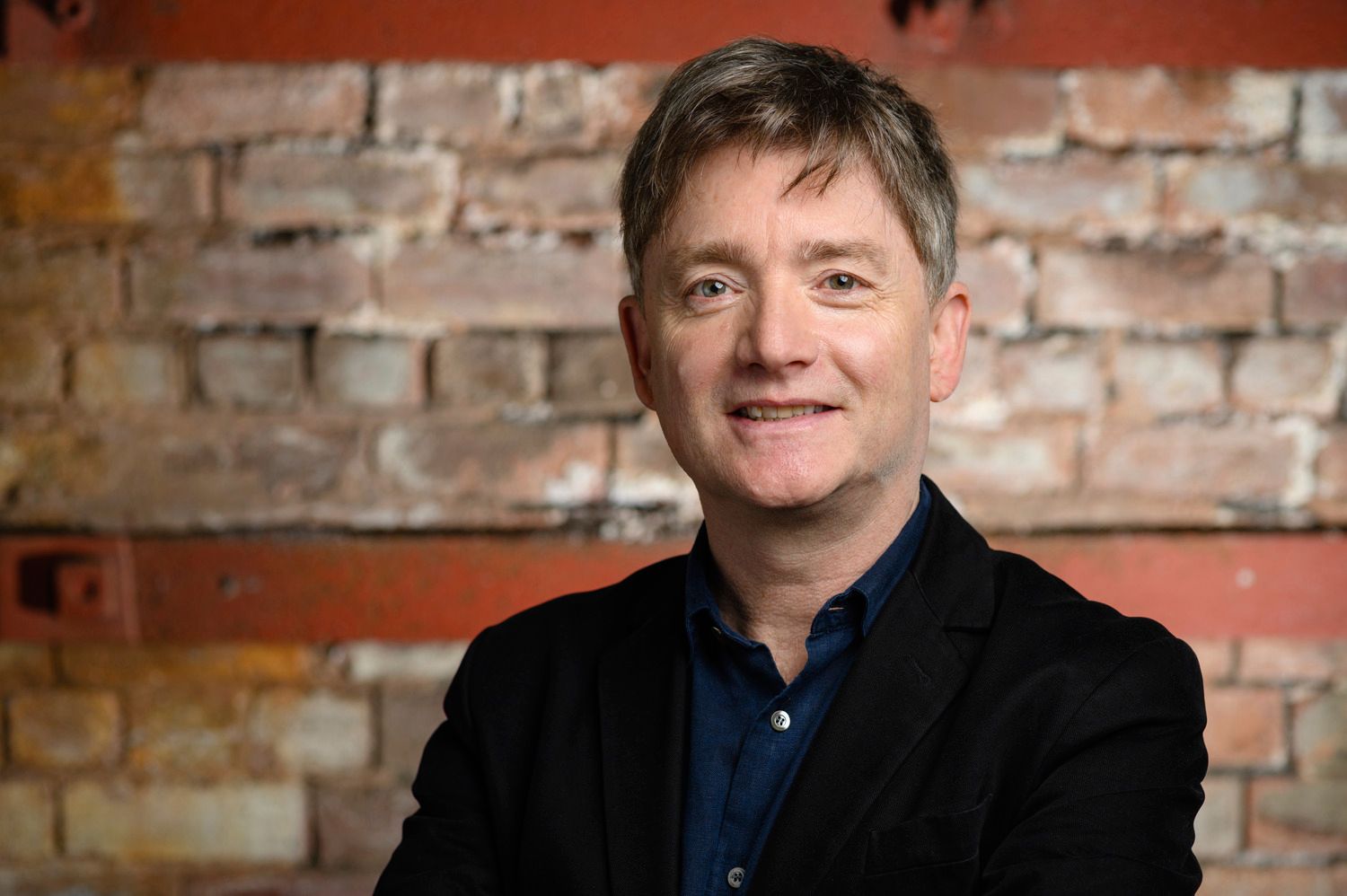Digital
Role of IoT Sensors, Data and Insights in Optimising Learning Environment
Shrikant Sharma, CEO, SmartViz; Magnus Inglis, Principal Officer, Workforce, Policy, and Pupil Placements, Midlothian Council & Paul Dodd, Head of Infrastructure Technology, Scottish Futures Trust
Buildings are inefficient. School and university buildings even more so.
Buildings are responsible for 40% of all global emissions. Yet they consume 3.5 times more energy than they are designed for. The bigger problem, however, is with the building environment which impacts on student health, wellbeing, cognitive ability, and learning itself.
The reason behind this major gap is our limited understanding of how people use buildings. The rapid rise of billions of IoT (Internet of Things) sensors and devices is set to change that.
This presentation will cover innovations in the use of IoT sensors, data analytics and digital twins to monitor and optimise teaching and social spaces in schools and universities. This includes simple ‘peel-and-stick’ sensors that monitor occupancy, movements, indoor air quality and energy use in real time. These also include high resolution lidar sensors that anonymously monitor movements in large spaces such as lobbies and dining halls.
Connecting the data from these sensors together with timetables and building management systems into a digital twin of the building and estates provides a comprehensive picture of how the spaces are being used. It also provides realtime and historic insights on space utilisation, environmental comfort and energy usage.
The presentation will cover a range of technologies in action, with live demonstrations and outcomes in the context of a primary school, a secondary school, and a university building. It will also show how an innovative integration of timetable data with sensors is providing unprecedented insights into space utilisation and student wellbeing. The results of this work are being fed into guidance on smart infrastructure, methodology for measurement of space utilisation and performance profile for teaching spaces – the presentation will also provide an overview on that.
Designed to Put People First
Philip Watson, Director and Amy Hipwell, Senior Interior Designer, HLM Architects
This dual delivered presentation from an architect and interior designer will explore how digital tools can help identify the aspects of the built environment that are important to building user’s wellbeing, how resultant design responses can be tested to see if they are delivering against these ambitions, and then measure the success of these in the completed building.
This talk will share the learning from a new approach to design that is centred on people where aspects of wellbeing that are normally considered subjective are quantified and measured using analytical tools. It will showcase real examples of high-profile education projects where these tools have been deployed – at the Universities of Sheffield, St Andrews, King’s College and Keele - and reveal the measurable benefits of a human-centred design approach.










.png)
.png)
.png)

